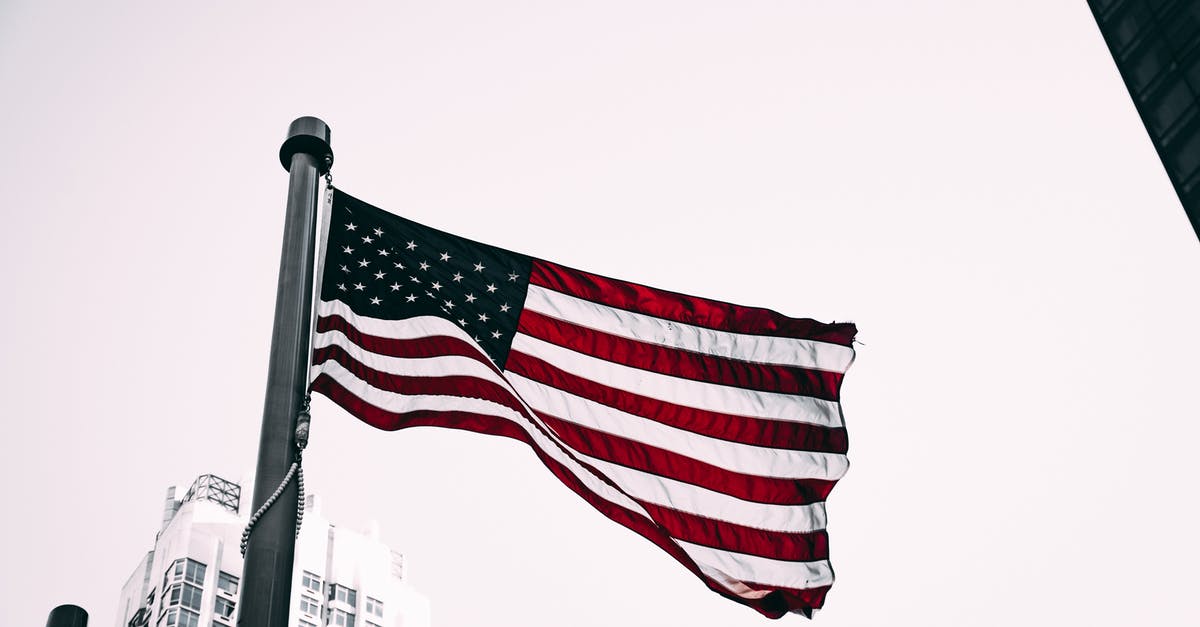Has anyone returned to the United States after over staying under 180 days on a J1 Visa or any other visa?

Im from New Zealand and I was in the United States for one year on a J1 summer work/ travel visa. My expiration date was D/S so I was not entirely sure when I should have left. Once I got home I realised I overstayed 24 days.
Has anyone returned after overstay under 180 days? what do you do?
please looking for information and help!
Thanks
Best Answer
There are several issues here: whether you were "out of status", whether you accrued any "unlawful presence" and how much, and whether you can get a visa.
Assuming you abided by all the rules of J1 status during your program, your J1 status ended 30 days after you completed your program as indicated on your last DS-2019. After those 30 days, you became "out of status", which means you were deportable (though you weren't deported), and if any future forms asked whether you violated the terms of your visa, you have to say yes.
Even though you were "out of status", you did not accrue "unlawful presence", because generally, you must stay past the date on your I-94 in order to automatically start accruing "unlawful presence", and you had no date on your I-94 (you had "D/S"). "Unlawful presence" can also start accruing under 2 circumstances: 1) if you applied for some benefit to USCIS and it was denied along with a determination that you are out of status, or 2) if you were given a final order of deportation in immigration court. Neither of these happened for you, so you never started accruing "unlawful presence". The term "unlawful presence" is basically only relevant for the purposes of bans. If you accrued 180 days of "unlawful presence" and left the US, you would have a 3-year ban, and if you accrued 1 year of "unlawful presence" and left the US, you would trigger a 10-year ban. But in your case since you are not accruing "unlawful presence" (due to having "D/S"), you would not trigger a ban even if hypothetically you left the US years after your program ended.
Not having a ban doesn't mean you will get a visa in the future. Most types of nonimmigrant visas are subject to "immigrant intent", where you have the burden of overcoming the presumption that you intend to immigrate. Basically, this is a catch-all reason to deny people visas if the officer subjectively feels that the person doesn't have strong enough ties to their country, or is not sufficiently trustworthy, etc. If you have had any immigration violations in the past, or otherwise did something in the US the officer didn't approve of, that increases the chances that the officer will deny the visa using this reason. But since this ground of denial is completely subjective, it does not correspond to legal concepts like whether you were "out of status" or had "unlawful presence", so the above discussions about those don't really tell you anything about whether you will get a visa or not.
Pictures about "Has anyone returned to the United States after over staying under 180 days on a J1 Visa or any other visa?"



Can you come back to the US if you overstay your visa?
Overstays & Unlawful Presence If you enter the United States with a valid visa (for example, a tourist or student visa) and overstay by less than 180 days, your visa will be considered void and you'll need to get a new visa in your home country if you want to come back to the United States.How do I go back to the US after overstay?
If you entered the United States legally and overstayed your visa, and your green card sponsor is a U.S. citizen, you can apply for Advance Parole. You'll be able to go abroad and return to the United States without facing re-entry bars.What happens if you overstay your j1 visa?
If your SEVIS (or DS-2019) is terminated OR you overstay your grace period, you could be accruing unlawful presence. This can lead to arrest and deportation proceedings. Accruing unlawful presence may result in being barred from the U.S. for many years or even permanently.How do immigration know if you overstay your visa?
Travel Records It's pretty easy for foreigners in the U.S. to know if they've overstayed their visas. All they need to do is look at their I-94 arrival and departure cards, which clearly state how long they can stay.What is a Visa Overstay? Consequences and Solutions to Over staying a Visa
Sources: Stack Exchange - This article follows the attribution requirements of Stack Exchange and is licensed under CC BY-SA 3.0.
Images: Pixabay, Matthis, Sam Lion, Rūdolfs Klintsons
